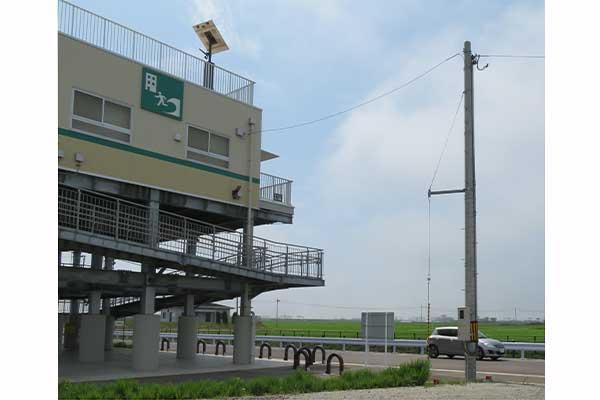
Credit: Tohoku University
A team of researchers has sought to mitigate the mental health impacts of COVID-19 on adolescents by harnessing previous research on youth physical and mental health.
Their review also drew on the psychological stressors of the 2011 Great East Japan Earthquake and Tsunami on children. The results were published in the Tohoku Journal of Experimental Medicine on March 26, 2021.
“We combined past research on the psychological stress on children with present studies on the effects of COVID-19,” said Junko Okuyama of the Department of Physical Medicine and Rehabilitation at Tohoku University Hospital and lead author of the study. “We found that exercise, even in limited forms, would help reduce mental health issues.”
Lockdowns, school closures, and lack of opportunities for physical exercise have taken a huge toll on the mental wellbeing of children across the globe. This stress is likely to have a significant impact on their later development.
In Japan, activities were limited in the form of self-restraint rather than a stringent lockdown. Nevertheless, schools were closed temporarily from March until late May 2020 during the Japanese government’s first state of emergency.
Most studies on child adolescents in the COVID-19 pandemic have reported worsening psychological status and anxiety as a result of lockdown and decreased physical activity. But there is still no long term data on COVID-19’s influence on the mental health of young people.
The research group turned to the past for answers.
The Great East Japan Earthquake and subsequent Fukushima Daiichi disaster, like COVID-19, upended the lives of many. Okuyama’s prior research had examined the counseling for high school students who had suffered through the earthquake, finding that it was effective against PTSD and depression but not against anxiety.
This, along with other research, was drawn upon to argue that introducing physical activities is a simple and inexpensive way to provide mental health support.
“COVID-19 has posed a significant threat to our health both physically and mentally, and our youth are especially vulnerable to the latter,” added Okuyama. “By examining the relationship between physical activity and the psychological state of adolescents undergoing traumatic events, we were able to say sufficiently that physical activity improves their state of mind.”
Looking ahead, the research group are hoping to measure psychological test scores between physically active and non-physically active high school students.
###
Media Contact
Junko Okuyama
[email protected]
Original Source
https:/
Related Journal Article
http://dx.




